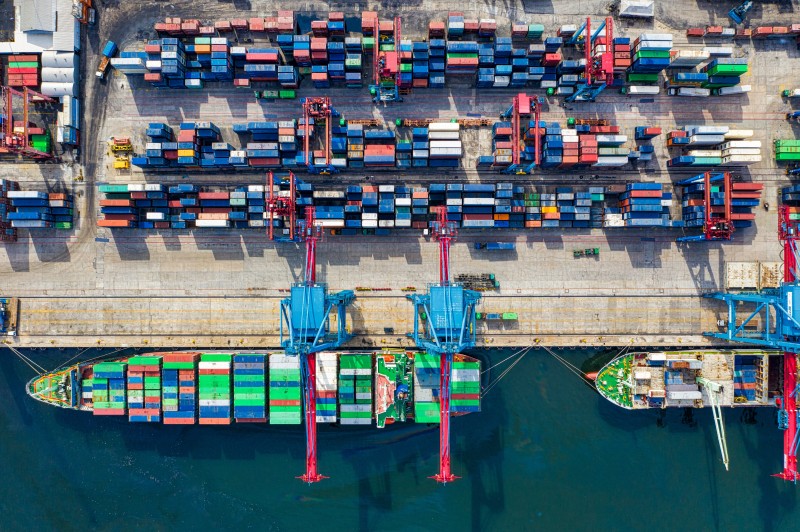
In order to prevent the COVID-19 risk of imported cold chain food, the customs has implemented emergency preventive measures on overseas manufacturers of imported cold chain food that have tested positive for SARS-Cov-2. As of March 31, 2022, the General Administration of Customs issued a total of 251 emergency preventive measures, and notified 485 times on the suspension of declaration of information on overseas aquatic products and meat enterprises in 28 countries including Ecuador, India, Pakistan, Myanmar, Indonesia, Vietnam, etc. Among them, there were 463 aquatic product enterprises and 22 meat enterprises. In the face of the frequent detection of positives by overseas manufacturers of imported cold chain food, experts from the China Entry-Exit Inspection & Quarantine Association put forward the following suggestions: pay attention to and understand the epidemic prevention and control situation in exporting countries. Countries (regions) with severe epidemics, weak epidemic prevention, and poor factory hygiene control are more likely to be tested positive for SARS-Cov-2 or other problems in their products exported to China; pay attention to and understand the epidemic prevention and control situation in factories. Pay attention to the frequency and duration of circuit breakers in factories, companies that have frequently detected positive results and suspend declarations for a long time, must not be in place for epidemic prevention and control.
为防范新冠肺炎疫情通过进口冷链食品输入风险,海关对检出新冠病毒核酸阳性的进口冷链食品境外生产企业实施紧急预防性措施。截止2022年3月31日,海关总署共发布实施紧急预防性措施251条,通报暂停申报厄瓜多尔、印度、巴基斯坦、缅甸、印尼、越南等28个国家境外水产、肉类企业信息共计485 家次。其中水产品企业463家次,肉类企业22家次。面对进口冷链食品境外生产企业频繁检出阳性的情况,中国出入境检验检疫协会专家提出以下建议:关注和了解出口国疫情防控情况。疫情较重,防疫不力,工厂卫生状况控制不好的国家(地区),其输华产品检出新冠阳性或者其他问题的可能性更高一些;关注和了解工厂疫情防控情况。关注工厂的熔断频次和熔断时长,多次频繁检出阳性,且暂停申报时间较长的企业,疫情防控一定不到位等。


